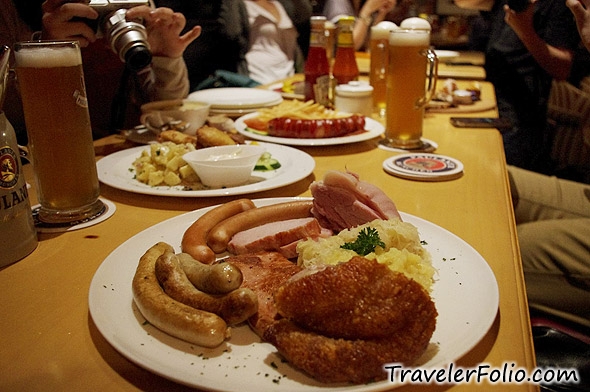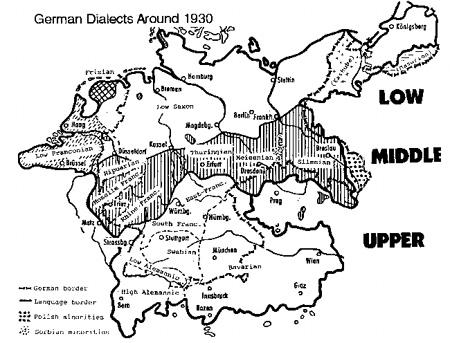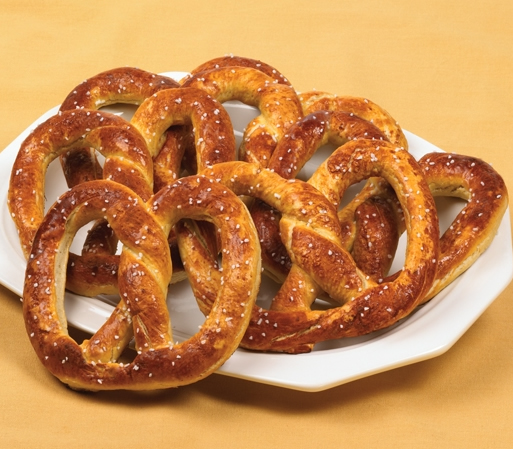I think there was that Seneca quote that went like, "Life is like a play; it's not the length, but the excellence of acting that matters."
I think that's especially true in the case of Wolfgang Amadeus Mozart.
I don't think this will be an incredibly informative post. It certainly won't be a scholarly analysis of his works, or on specific facts of his life.
Other than this one: he was a brilliant musician. He was a solid genius that managed to pack into his short 35 years of life what others can't attempt to create in a century.
Mozart's K333 Sonata was the last piece I ever played at a piano competition, you know.
Other people may attempt to pound out his achievements. Because even though I was never good at music competition, I have a good sense for music, and personalities. I want to try to describe the character of Mozart--first, through other composers.
Beethoven (9th symphony) was tempestuous and explosive, Tchaikovsky (Swan Lake & Nutcracker) was illustrious, intricate, and ethereal and Prokofiev (Romeo and Juliet) was ponderous and heavy. Composers were constantly looking to make their "mark"--through a certain music style, or through a manner of composition execution or through their trademark nuances. They wanted a legacy--and being mad genisues, they wanted a dramatic legacy.
Mozart wasn't that.
Mozart is constant, comforting. His music, though not repetitive, certainly creates this straightforward sense of dependability that other music geniuses lack. His pieces have solid, melodies, with perfectly simple, mathematical rhythms that a child could count out. After he gained fame, he didn't succumb to it. He still created the same music he had all his life.
They are not hard to play. But the genius in Mozart's music isn't in the ability to play it. It's in the ability to
understand it.
Behind the frills-free sonatas lie an inner musical working that is miraculous and bafflingly straight-laced. Each note has a symbolic meaning; each chord is meant to resonate a certain way.
I loved music, but I hated practicing. I didn't appreciate music until I quit piano a few months ago--and it was then that I realized that all the things my brilliant teacher said--all the meanings behind each embellishment and each --how they contributed to the whole of the creator--the composer.
In the end, Wolfgang Amadeus Mozart let his music speak for himself. In his short life, he still made an enormous legacy for himself.
Try it for yourself. Listen to the composers I listed above, and then listen to Mozart's K333 Sonata. You'll know what I mean.


















